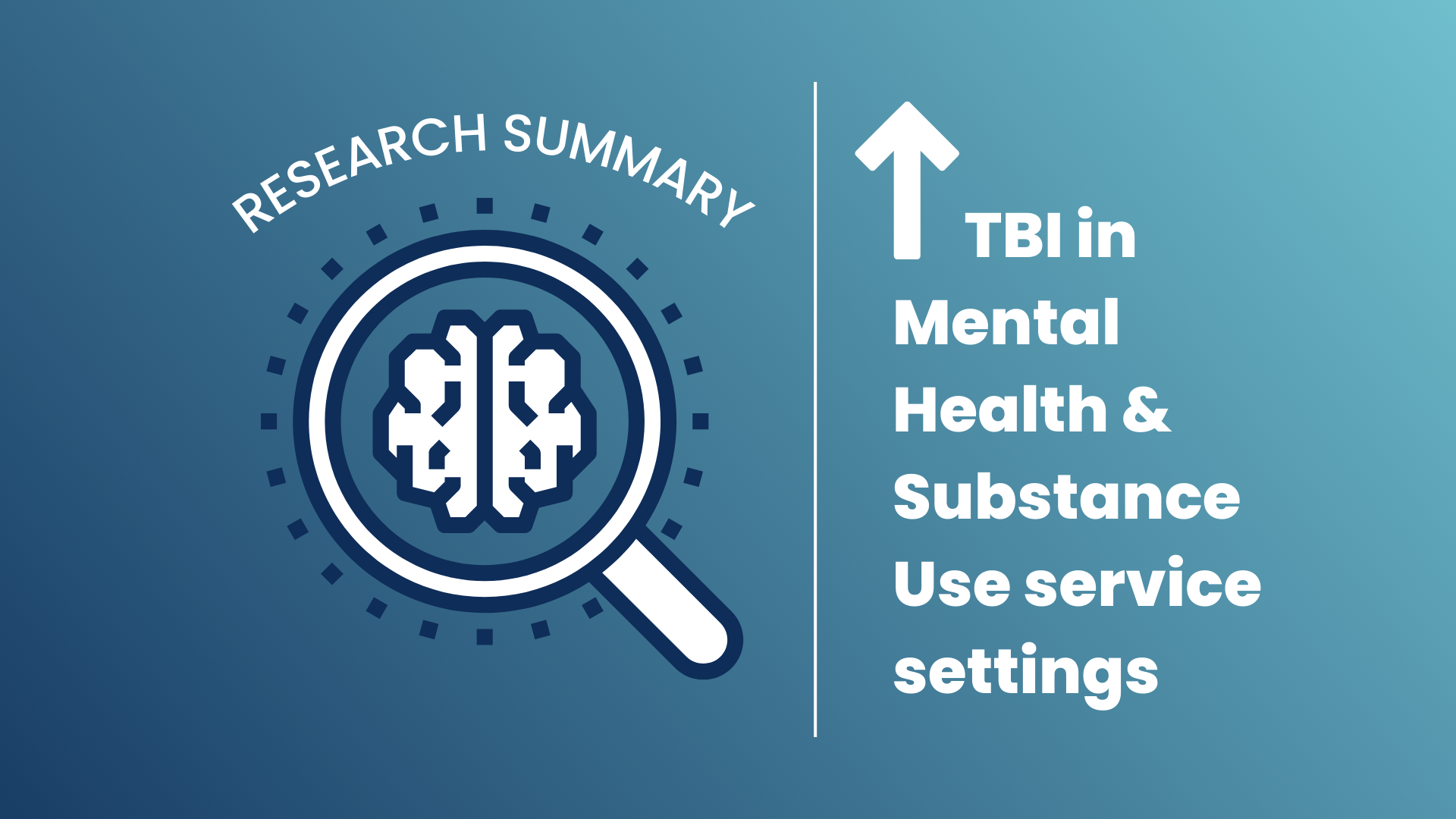
A Little Goes A Long Way
Your gift today is an investment in BrainTrust services that improve the lives of those with brain injury.
Donate Today


Brain injury, mental health, and substance use are interconnected, yet brain injury is frequently left out of the conversation. A research team from the University of Toronto published a research study in The Journal of Head Trauma Rehabilitation exploring traumatic brain injury history among individuals accessing mental health and substance use services.
A growing body of research shows that existing mental health and substance use (MHSU) problems increase a person’s risk of sustaining a traumatic brain injury (TBI)
TBI may be underrecognized in MHSU settings due to:
Identifying prior TBI can help MHSU clinicians make care plans and better understand the person’s behaviours & symptoms
The researchers wanted to understand:
(1) The prevalence of TBI history among individuals accessing MHSU services
(2) How TBI history has been identified within MHSU service settings
(3) What predictors or outcomes of TBI have been reported in these service settings.
Conducted a scoping review
Searched a research database using keywords related to TBI, MHSU, and screening + gray literature search (targeted Google search to find additional relevant documents)
#1: How many people are affected by TBI and MHSU?
#2: What tools/measures are used to identify/diagnose TBI?
Variety of tools used to identify TBI
Self-report identified the most TBIs
#3: Is TBI connected to factors like mental health symptoms, gender, substance use, physical health concerns, or aggression?
For people accessing MHSU services, history of a TBI was associated with:
Some studies found TBI related to cognitive difficulties, whereas other studies found no association
MHSU service users more likely to have TBI than general population
Structured self-report questionnaires to assess TBI history is best practice
Recommendations for future research:
Source: Davies, J., Dinyarian, C., Wheeler, A. L., Dale, C. M., & Cleverley, K. (2023). Traumatic Brain Injury History Among Individuals Using Mental Health and Addictions Services: A Scoping Review. The Journal of Head Trauma Rehabilitation, 38(1), E18-E32.
doi: 10.1097/HTR.0000000000000780
Join us for Knowledge Translation Tuesday, where we summarize a recently published research study to give you current, evidence-based brain injury information.